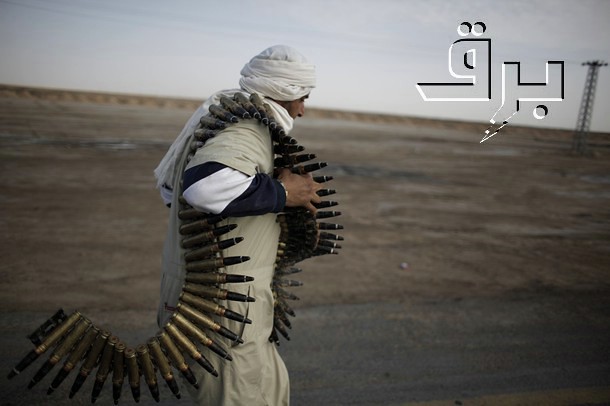The Frankfurter Allgemeine Zeitung (
English Frankfurt General Newspaper) quoted me in its article, "Unilateral economies in Africa are losers in the crisis."

If you want to read the original article, you can find it
here. If you prefer the English page via Google Translate, you can access it
here.
Here's the quote (the slightly awkward quotes are due to the translation):
David Shinn, former U.S. ambassador to Ethiopia, is convinced that China is thinking long term and still wants to secure raw material sources. "They are not easy to reverse strategy," he says. An indication of this is the just completed trip to the Chinese State and Party leaders Hu Jintao through parts of West and East Africa. Unlike his trip two years ago, this is no country on the itinerary, in which China increased raw material and commercial interests.
A sudden withdrawal would have been so surprising, because the trade volume between China and Africa in the last eight years to more than 100 billion U.S. $ has increased tenfold. China's most important partner in Africa, Angola remains. In addition, include Nigeria, Sudan and Ethiopia to be the preferred investment countries. You can the African-Chinese economic relations do not have a uniform, warns Shinn. In some states and markets, there is the crisis but in fact "tactical withdrawals."
The photo comes from the original article.


 If you want to read the original article, you can find it
If you want to read the original article, you can find it 

